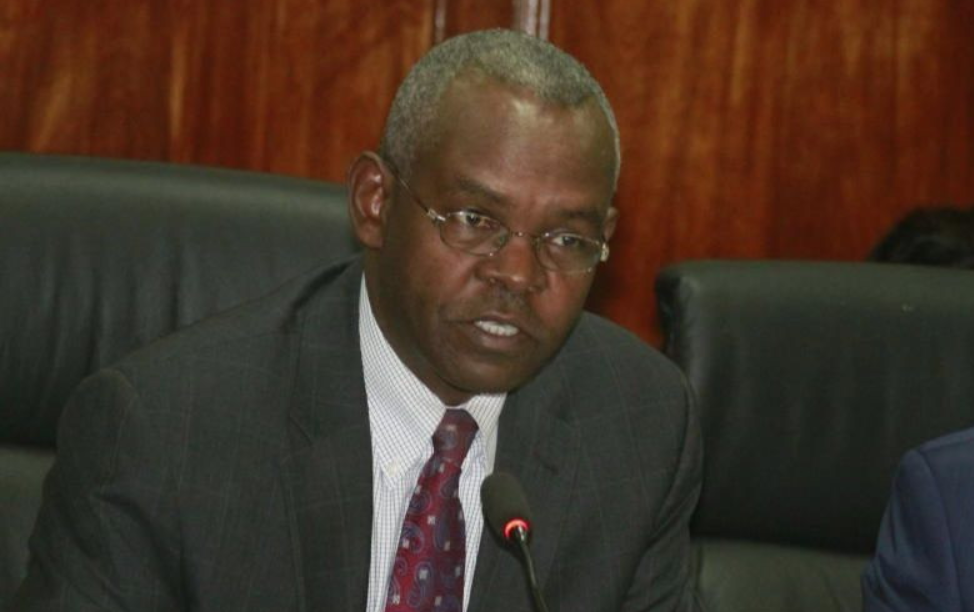In response to growing worries about digital lenders providing loans with exorbitant interest rates, the Senate Finance Committee has approached the Central Bank of Kenya (CBK) for information on its efforts to detect predatory lending practices.
The committee is keen to understand if the CBK has implemented a system to identify such practices and whether, as the regulator, it has taken measures against entities violating the laws.
CBK Governor Dr. Kamau Thugge informed the senators that many of these lenders were operating without regulation, exposing millions of unsuspecting individuals to risks.
He explained, “We realize that the DCP [Digital Credit Providers] were not consumer-friendly, that is why we brought them under CBK.
We have licensed 32, and quite a number are remaining.”
The senate’s inquiry was prompted by public petitions concerning four micro-lending entities imposing high interest rates in violation of the digital credit providers’ regulations of 2022.
The CBK is set to provide the committee with a report within two weeks, detailing an audit of digital lenders and the actions taken to address any misconduct.
Meanwhile, as concerns persist regarding the performance of the Kenyan shilling against other currencies, Governor Thugge outlined government initiatives to prevent further depreciation.
He stated, “In January, we expect $682 million to come from the IMF.
We also have funds from the trade debt bank in the next two weeks and funding from AfroExim and the World Bank.
This should reduce domestic borrowing, lower interest rates, and stabilize the exchange rate due to external financing.”
The committee is also investigating reported cases of collusion between fraudsters and banks leading to the withdrawal of clients’ money.
The CBK is reviewing policy guidelines and considering a penalty increase from one million shillings to 20 million for those found guilty of collusion.
Government Allocates Sh.451M Aid For El Nino-Affected Regions
